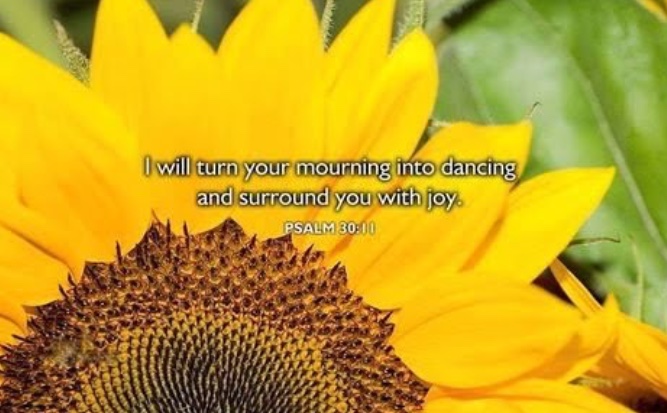 This is what I’ve been trying to figure out over the past few weeks and months, since I heard the news that Emma, a friend from church had been killed in a hit and run in Manchester. On the night it happened she’d spent the night with others from our community group watching England’s world cup game. I wasn’t there, as I’d just got back from filming in London, but where the accident happened was very close to my flat.
This is what I’ve been trying to figure out over the past few weeks and months, since I heard the news that Emma, a friend from church had been killed in a hit and run in Manchester. On the night it happened she’d spent the night with others from our community group watching England’s world cup game. I wasn’t there, as I’d just got back from filming in London, but where the accident happened was very close to my flat.
Hearing the news the next day via Whatsapp was a massive shock – so much so that my first instinct was to assume it must be about a different Emma that I didn’t know. In those few seconds my brain couldn’t handle the thought that someone so full of life, who less than 24 hours ago had been messaging us all about pizza toppings, could suddenly not be alive anymore. I also had a weird kind of feeling, maybe it was guilt or just trying to make sense of the timescale…but it suddenly seemed very strange that I’d been happily going about my day for the last 24 hours totally oblivious to what had happened. Are these signs of grief, or just symptoms of shock? Who knows…
As I found out more about what had actually happened, turning to newspaper articles to try and piece it all together, I recognised the location of the accident – somewhere enroute to Emma’s tram stop. We’d walked home together the week before, but taken a different route – one that went past my front door. If I or one of the others who normally walked home with Emma had been there, would she still have been on that road at that time? We’ll never know. But even though we know thinking about the ‘ifs’ or ‘buts’ isn’t helpful we still do it. Is that grief? Does the definition also include a need to try to rationalise or look for answers?
And what about crying at random times – like on the train, in the queue at McDonalds, mid prayer, or almost a month later coming home after a night out? What is it I’m crying for? I don’t even know, because it’s an involuntary reaction. I haven’t decided to cry (if I had, it certainly wouldn’t have been in such awkwardly public settings) but my body’s clearly decided I need to either to get rid of something or let something out. Is it grief my body’s trying to get rid of? I’ve got no medical knowledge or opinions, all I know is that for some reason it works. For some reason after a good cry, I feel a little bit better.
 Grief is also hard to measure. I’d only known Emma for around 7 months – a relatively short amount of time – so the loss of her from my life is obviously not even a fraction of the sense of loss her family and close friends feel. But we will all miss her, cherish the memories we have, and mourn the loss of time in the future we could have had with her, even if as Christians we know we’ll see her again one day.
Grief is also hard to measure. I’d only known Emma for around 7 months – a relatively short amount of time – so the loss of her from my life is obviously not even a fraction of the sense of loss her family and close friends feel. But we will all miss her, cherish the memories we have, and mourn the loss of time in the future we could have had with her, even if as Christians we know we’ll see her again one day.
We still meet every Sunday at church, and every Wednesday at community group like nothings changed. But Emma’s absence has and will be felt – because in everything from deep discussions to ridiculous banter, Emma was at the heart of it.
I could very easily have never met Emma, but I’m extremely glad that I did. And weird as it may sound, I’m very much looking forward to seeing her again whenever that day comes.
Here’s some of highlights from a weekend we spent in the Lake District with Emma back in May.

Leave a Reply